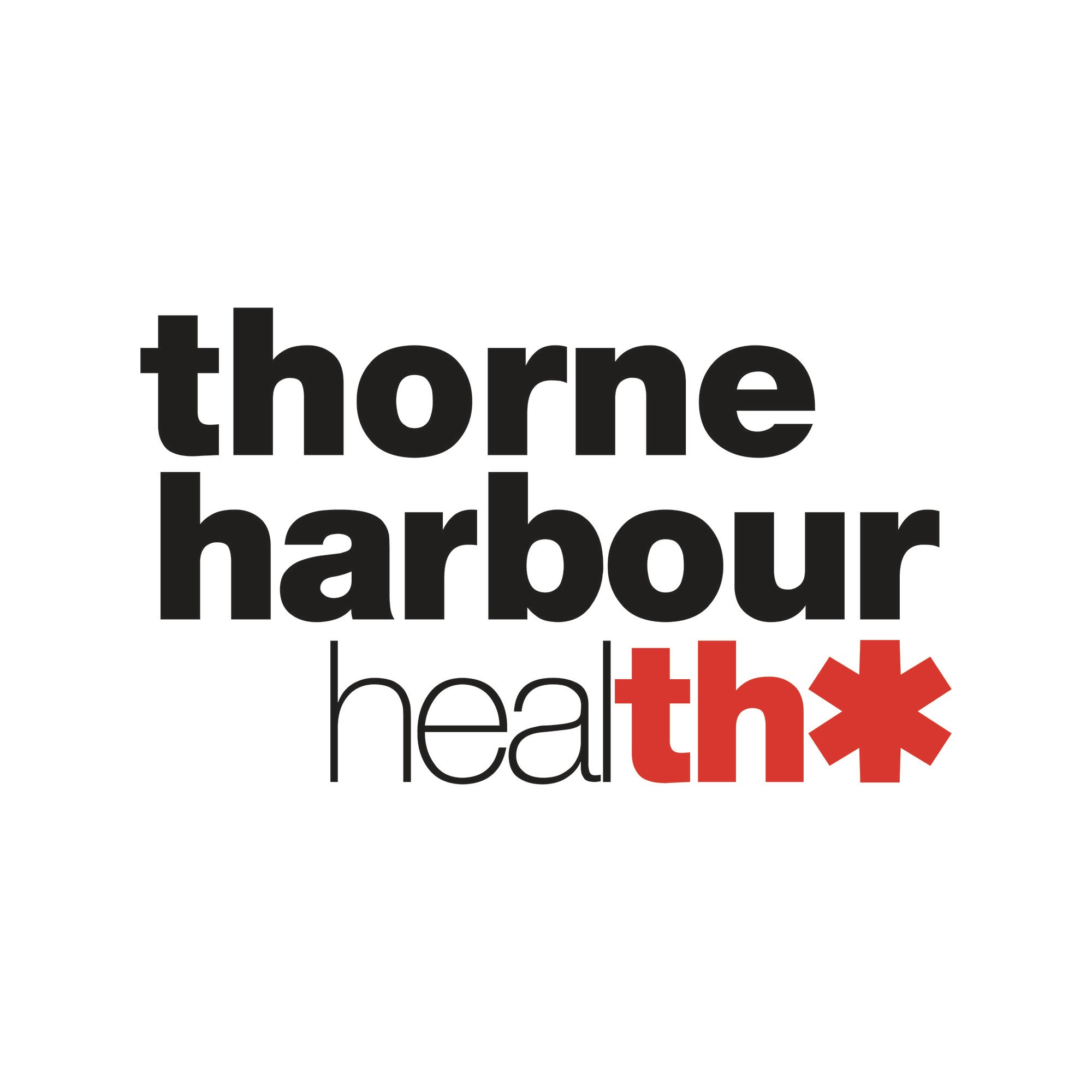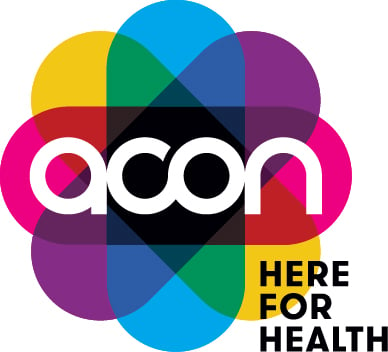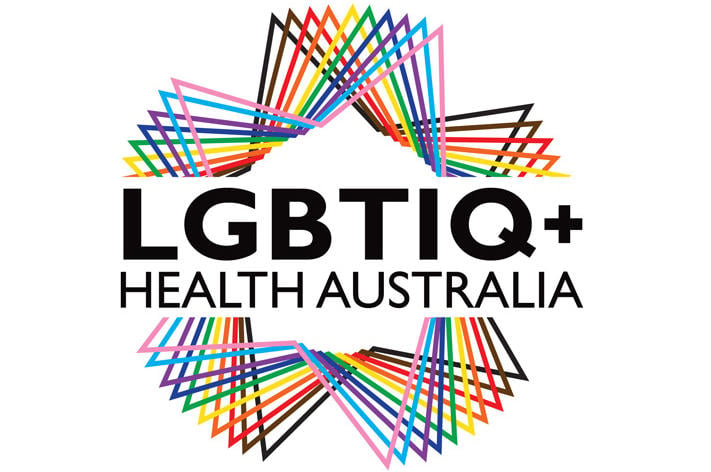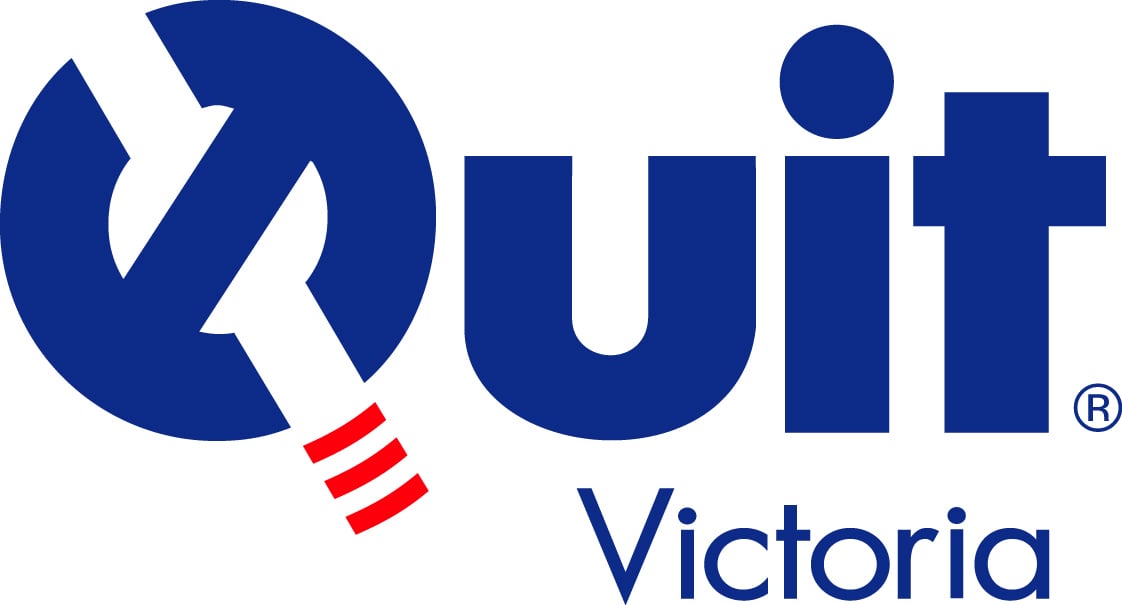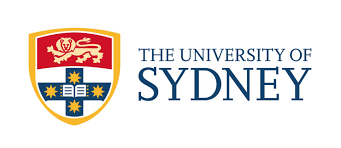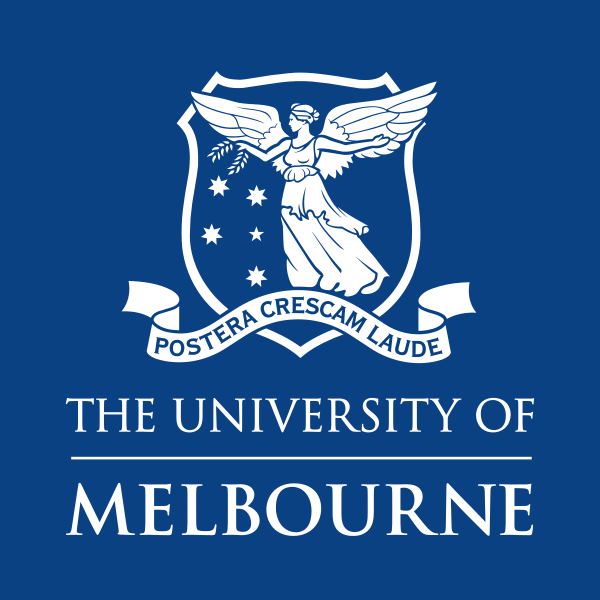QSOX - Queer Women's Substance Use Over Time

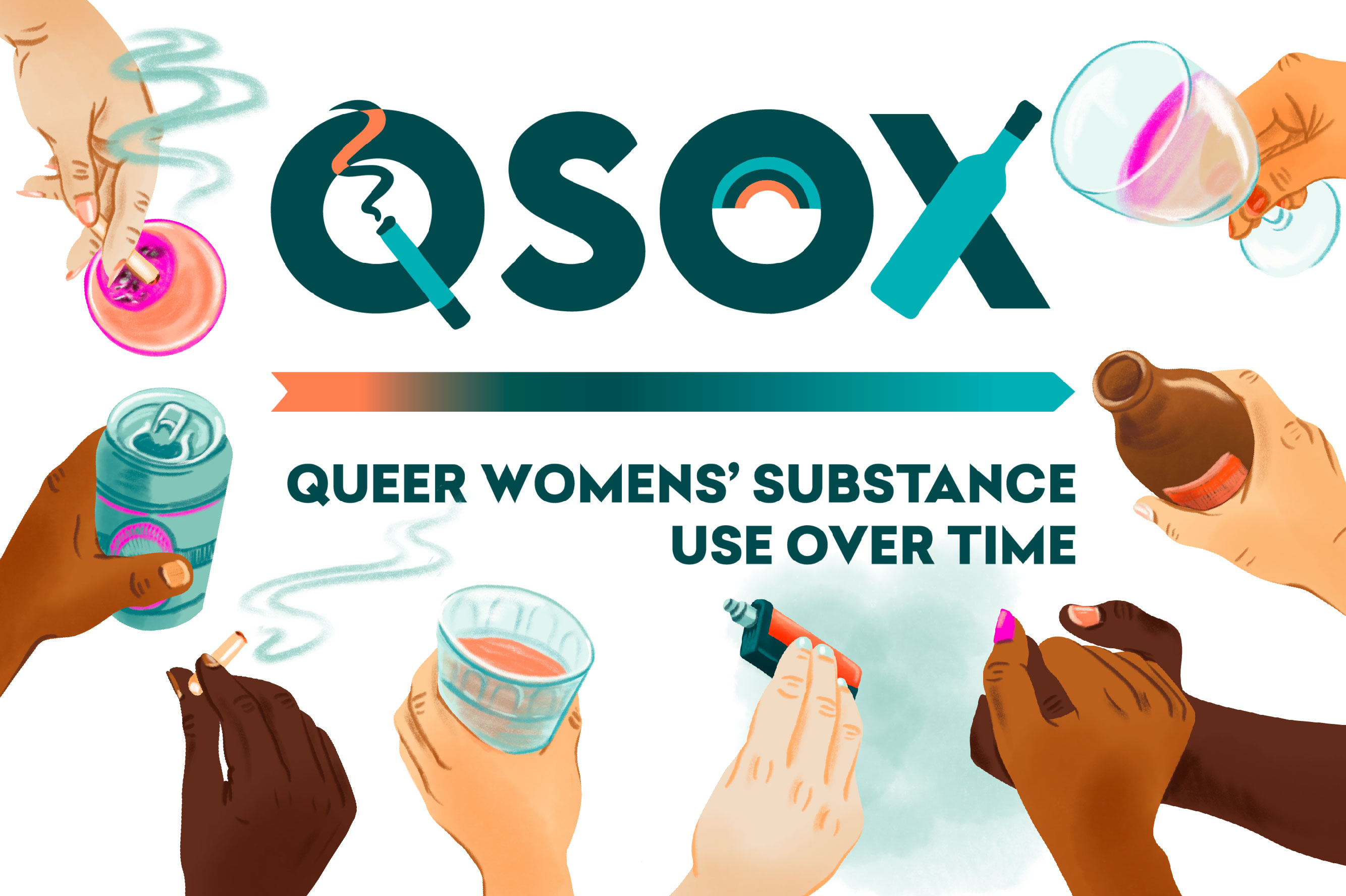 2022-2025
2022-2025
Ruby Grant, Julie Mooney-Somers, Jennifer Power, Ruth McNair, Amy Pennay, Jami Jones, David Moore, Adam Bourne
Lesbian, bisexual, and queer (LBQ) women have high rates of alcohol and tobacco use, yet understandings of why this is the case are often simplistic and fail to capture the complexities of what these substances really mean to LBQ women. Subsequently, smoking cessation and alcohol-related supports may not adequately meet the needs of this population.
QSOX is a longitudinal qualitative study exploring alcohol, tobacco, and vaping among LBQ women in Victoria and New South Wales. The study will follow the lives of LBQ women over the course of 18 months to understand the cultural practices of substances in LBQ women’s communities and how these may change over time. In doing so, QSOX aims to inform future health-related interventions that better meet the needs of this population.
Associated publications
The QSOX team is working on publications based on the findings from the study. These will be added to this webpage as they are published online. If you are not able to access them via the links below, please contact arcshs@latrobe.edu.au.
- Alcohol and Tobacco Use Among Lesbian, Bisexual, and Queer Identifying Women: A Longitudinal Qualitative Study Protocol
This paper outlines our approach to the QSOX study, detailing the rationale and methods that we plan to use to provide a more in-depth understanding of lesbian, bisexual, and queer women’s lived experiences of drinking, smoking, and vaping over time. - ‘All the dykes I know drink beer’: Sexuality and gender performance through alcohol consumption among lesbian, bisexual, and queer women in Australia
This article explores the role that alcohol plays in LBQ women and non-binary people’s lives, including how drinking shapes gender expression, intimacy, and sense of safety. - Perceptions and Cultural Practices of Vaping Among Lesbian, Bisexual, and Queer Women in Australia
This article explores LBQ women and non-binary people's motivations for using e-cigarettes or vaping, including stress-relief and gender expression. It also highlights challenges, such as stigma, risk perceptions, and harms.
Meet the Project Team
Ruby Grant (she/her) is a research fellow at the Australian Research Centre in Sex, Health and Society (ARCSHS) at La Trobe University. Her work explores LGBTQ+ health and inclusive practice, including the role of place in LGBTQ+ identity and community wellbeing.
Julie Mooney-Somers (she/her) is an Associate Professor in the School of Public Health at the University of Sydney. Julie has a long track record in research on the health of sexuality and gender diverse people (primarily health related to tobacco, alcohol and other substances, and sexual and reproductive health). She leads a collaboration with ACON that conducts SWASH, the longest running periodic survey of lesbian, bisexual and queer women’s health and wellbeing in the world.
Jennifer Power (She/her) is an Associate Professor and Principal Fellow at ARCSHS at La Trobe University. Her research focuses on sexuality, sexual health and HIV. She currently co-ordinates the Secondary Students and Sexual Health Survey and the HIV Futures study and is involved in other studies relating to LGBTQA+ wellbeing, young people and sexual health, and digital sexual health literacy.
Amy Pennay (she/her) is an alcohol researcher and sociologist at the Centre for Alcohol Policy at La Trobe University. Her work investigates drinking and associated harms, with particular attention to the intersections between culture, health and policy.
Jami Jones (she/her) is the Program Lead of Rainbow Health Australia.
Ruth McNair AM (she/her) is an Honorary Associate Professor at the Department of General Practice, University of Melbourne and a general practitioner/owner at an inner-Melbourne general practice. She is expert in a range of LGBTIQA+ health and research issues and advocates for systemic change to reduce the structural inequalities that damage LGBTIQA+ lives.
David Moore (he/him) is Adjunct Professor at ARCSHS at La Trobe University. David is an internationally recognised leader in the social analysis of youth, gender, alcohol and other drug use, addiction concepts and drug policy.
Adam Bourne (he/him) is a Professor of Public Health and Deputy Director of ARCSHS at La Trobe University. At ARCSHS, Adam takes a leading role in the development of research that examines the health and well-being of LGBTIQA+ populations, at both a domestic level and in an international context. He works in close collaboration with a number of community-based, national and supra-national organisations and sits on the Board of Directors of Thorne Harbour Health (previously the Victorian AIDS Council).
Alcohol use among lesbian, bisexual and queer women in regional, rural and remote Australia
This new project is a qualitative research study aligned with QSOX.
It explores alcohol use amongst lesbian, bisexual, and queer (LBQ+) women living in regional, rural and remote NSW, and aims to address the gap in evidence about LBQ+ women living outside Australian cities.
If you are:
- 18+
- An LBQ+ woman or non-binary person
- Live in regional, rural or remote NSW
We'd like to hear from you!
Edda Lampis (she/her) a cisgender, queer-identified woman born from migrant Italian parents and lives on Widjabal Country in Lismore Northern NSW. She is currently a graduate research student at the Australian Research Centre in Sex, Health and Society at La Trobe University.
Frequently Asked Questions
1. Is this study inclusive of trans women?
Yes. We affirm that trans women are women and this project aims to explore the many diverse experiences of lesbian, bisexual and queer women in relation to alcohol, smoking and vaping.
2. I’m nonbinary, can I participate?
This is a study about women’s experiences. Other research has shown that LBQ women have disproportionately high rates of both smoking and drinking, but we don’t know a lot about why. We want to learn more by exploring the gendered cultural practices around alcohol and/or smoking among cis and trans women who are lesbian, bisexual and queer.
We understand and affirm that nonbinary people are not women and have unique experiences that should not automatically be included in projects about women. However, if you are a nonbinary person who identifies with, or feels an affinity to, the category of woman/women’s experiences and would like to share your story as part of this project, you are welcome to express your interest.
3. I’m a trans man, but I lived as a woman for a long time and would like to share my experiences from that time, can I participate?
This is a study about women’s experiences. Other research has shown that LBQ women have disproportionately high rates of both smoking and drinking, but we don’t know a lot about why. We want to learn more by exploring the gendered cultural practices around alcohol and/or smoking among cis and trans women who are lesbian, bisexual and queer. This study will explore women’s changing experiences around alcohol and tobacco use across the next 18 months. While the project will be capturing past experiences, it mainly focuses on present and future. We recognise that some trans men may have strong lifelong connections with and experiences in LBQ women’s spaces/communities and we acknowledge the importance of these. However, as this is a study about women’s experiences, unfortunately trans men are not eligible to participate. We support the need for more research that looks into trans men’s specific experiences around substance use and hope to contribute to this work in future projects.
4. I’m a trans woman, but I identify as straight/heterosexual, can I participate?
This is a study about lesbian, bisexual, and queer women’s experiences. Other research has shown that LBQ women have higher rates of both smoking and drinking compared with heterosexual women, but we don’t know a lot about why. We want to learn more by exploring the cultural practices around alcohol and/or smoking among both cis and trans women who are lesbian, bisexual, and queer. We recognise that many straight trans women are active members of LGBTQ communities and spaces and have unique experiences with alcohol and smoking. However, because this is a study specifically about LBQ women’s experiences, unfortunately heterosexual women are not eligible to participate. We support the need for more research that looks into all trans women’s experiences around substance use and hope to contribute to this work in future projects.
5. I’m an asexual/demisexual woman, can I participate?
This is a study about lesbian, bisexual, and queer women’s experiences. Other research has shown that LBQ women have high rates of both smoking and drinking, but we don’t know a lot about why. We want to learn more by exploring the gendered and sexualised cultural practices around alcohol and/or smoking among both cis and trans LBQ women.
If you are on the ace spectrum but are homo-/bi-/pan- romantic or strongly relate to, or identify with LBQ women’s experiences and/or communities, you are welcome to participate. We support the need for more research that looks into all asexual people’s specific experiences around substance use and hope to contribute to this work in future projects.
6. I don’t drink alcohol. Can I still participate?
Yes. You do not have to currently drink alcohol to participate in this study. If you have smoked or vaped in the last month, but do not drink, we want to hear from you.
7. I’ve never smoked. I used to drink, but don’t anymore. I would like to share my experiences from that time, can I participate?
We recognise that many women in our community will have a range of diverse experiences and relationships with alcohol that may have changed over time. Because we are interested in studying current and future experiences over an 18 month period, to be eligible to participate in this study you must have either smoked, vaped, and/or consumed alcohol in the last month.
8. I’m an ex-smoker and I don’t really drink that much, can I participate?
We recognise that many women in our community will have a range of diverse experiences and relationships to smoking and alcohol that may have changed over time. Even if you are only a social drinker, or only drink every now and then, your experiences and perceptions around alcohol are still valid and we would love to hear your story. As an ex-smoker you may also have helpful insights that are relevant to this study.
9. I’ve just turned 18 and I have only started drinking recently. I have never smoked cigarettes (although I vape sometimes), can I participate?
We are interested in studying current and future experiences of drinking and/or smoking/vaping over an 18 month period, to be eligible to participate in this study you must have either smoked, vaped, and/or consumed alcohol in the last month. Even if you don’t have a long history of drinking alcohol or vaping, we would still be interested to hear from you and to follow your experiences over the next year and a half.
10. Why was I not chosen to be interviewed for this study?
We welcome anyone who meets the eligibility criteria to express interest in participating in this study. We are interested to hear from women of all ages, from a range of backgrounds, with different experiences of drinking, smoking, and vaping. Due to funding constraints, we are limited in the number of people we can interview. To make sure our study reflects the diversity of LBQ women’s communities across Victoria and New South Wales, some individuals may be selected while others may not. However, we affirm that all experiences are valid, and we want to hear about as many women’s experiences as possible. So that everyone has the chance to share their story with us, if you are not selected for an interview, you will be invited to complete a short optional survey. Thank you for your interest and support for this project.
11. Can I be interviewed in a language other than English?
Yes. We are able to offer interviews in Mandarin, Vietnamese, and Bahasa Malaysia on request.
Partners & Funding
QSOX is a research partnership between the Australian Research Centre in Sex, Health and Society (ARCSHS) at La Trobe University, the University of Sydney and the University of Melbourne, alongside Thorne Harbour Health, LGBTIQ+ Health Australia, ACON, Quit Victoria, and the Victorian Alcohol and Drug Association. The study is funded by the Australian Research Council.
